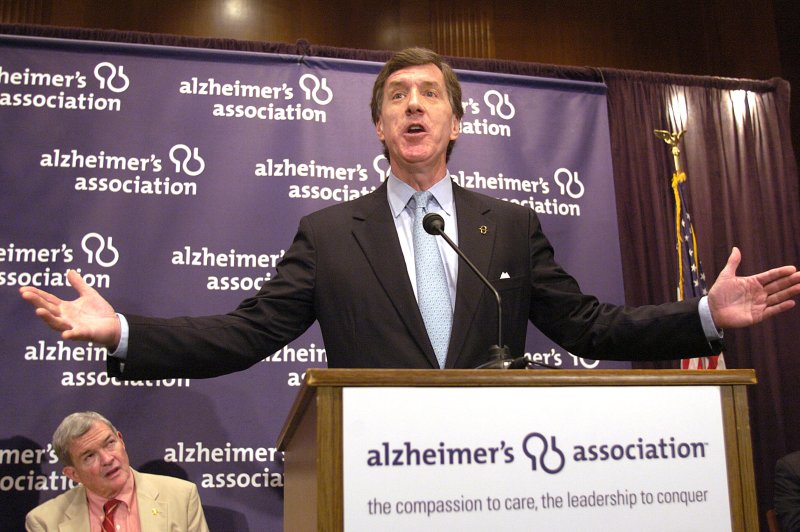LONDON, July 14 (UPI) -- Basic lifestyle and behavioral changes could prevent or at least significantly delay an Alzheimer's diagnosis, according to a new study by health researchers at the University of Cambridge, in England.
In surveying previous Alzheimer's literature and analyzing compiled health records, researchers isolated and emphasized seven risk factors most associated with Alzheimer's, including: diabetes, midlife hypertension, midlife obesity, physical inactivity, depression, smoking, and low educational attainment.















